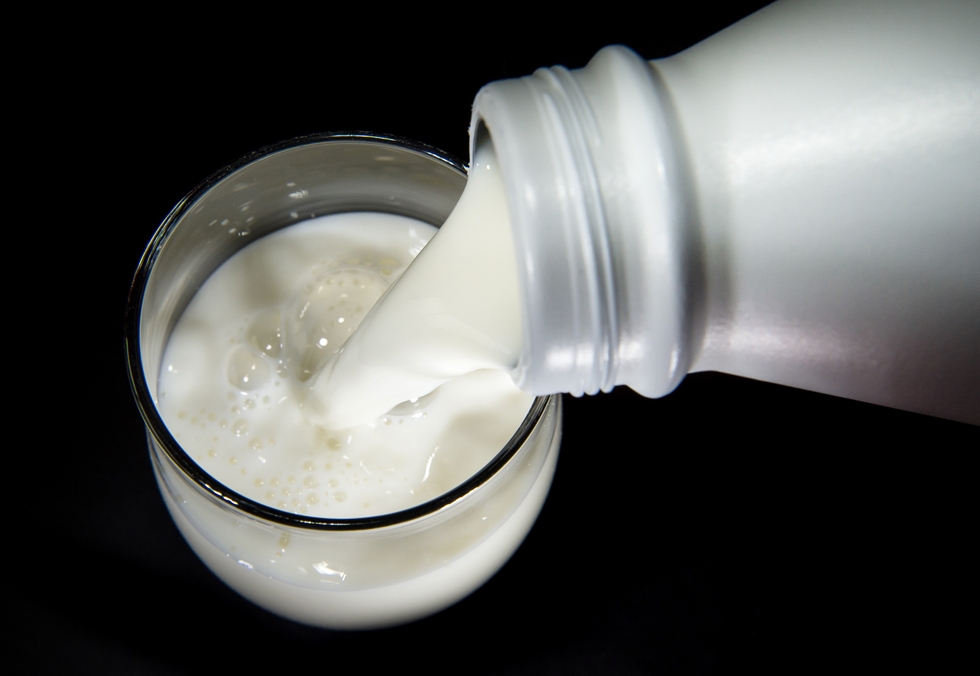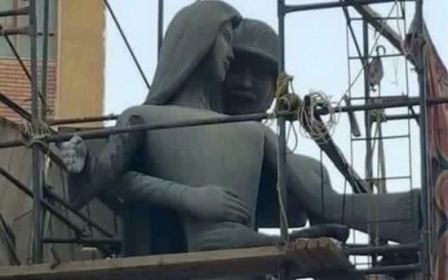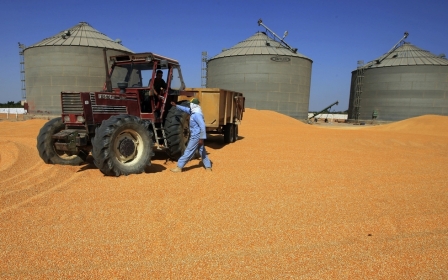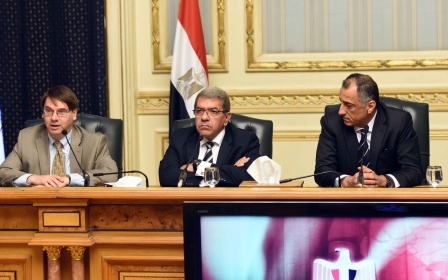Got milk? Egypt to check women’s breasts before supplying baby formula

Struggling to feed your child is stressful in any country, but in cash-strapped Egypt the government is trying to save money by checking if women can breastfeed before supplying subsidised baby formula.
The Egyptian Health Ministry say they supply around $51m in baby formula per year to help families across the country feed their infants.
But following a recent 40 percent increase in formula prices, the ministry said this week that it will tighten the criteria to determine who is eligible.
Women who have more than one child, work full-time and suffer health conditions such as diabetes and high blood pressure will be prioritised – and breast-checking procedures will be brought in.
As of Monday, mothers who want subsidised formula for their children will first be forced to undergo a medical examination and obtain written confirmation from a doctor.
Last Thursday, Egyptian mothers protested baby formula shortages and blocked traffic on a main road in Cairo outside one of the country’s main pharmaceutical companies.
The IMF recently agreed to provide Egypt a $12bn loan over three years, and though the details are still being negotiated, harsh subsidy cuts and tax hikes are expected to be part of any future deal.
The Egyptian military has also waded into the baby formula debate, saying in a statement on Sunday that the rapid increase in prices was the fault of monopolistic practices by pharmaceutical companies.
This article is available in French on Middle East Eye French edition.
New MEE newsletter: Jerusalem Dispatch
Sign up to get the latest insights and analysis on Israel-Palestine, alongside Turkey Unpacked and other MEE newsletters
Middle East Eye delivers independent and unrivalled coverage and analysis of the Middle East, North Africa and beyond. To learn more about republishing this content and the associated fees, please fill out this form. More about MEE can be found here.




